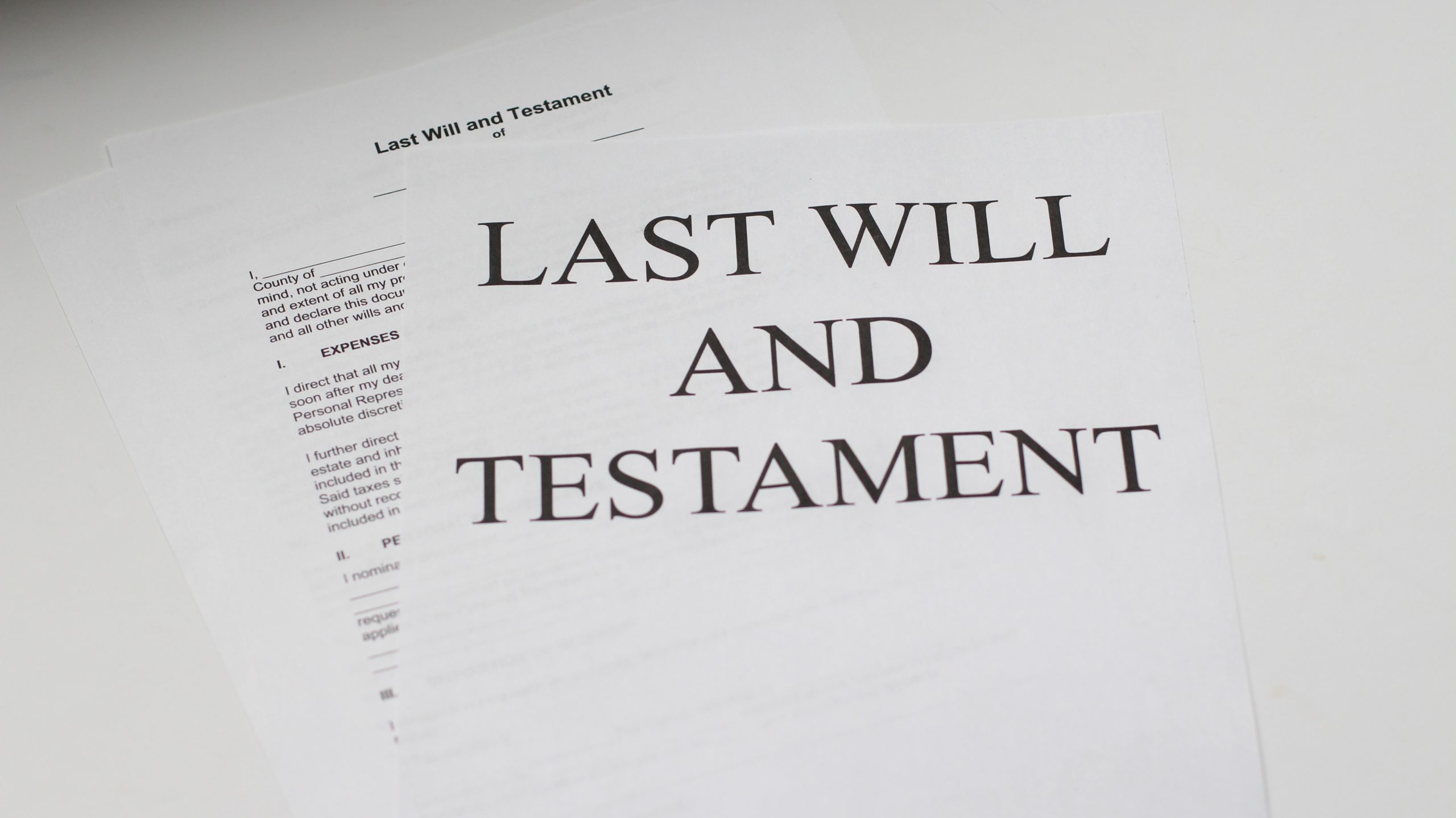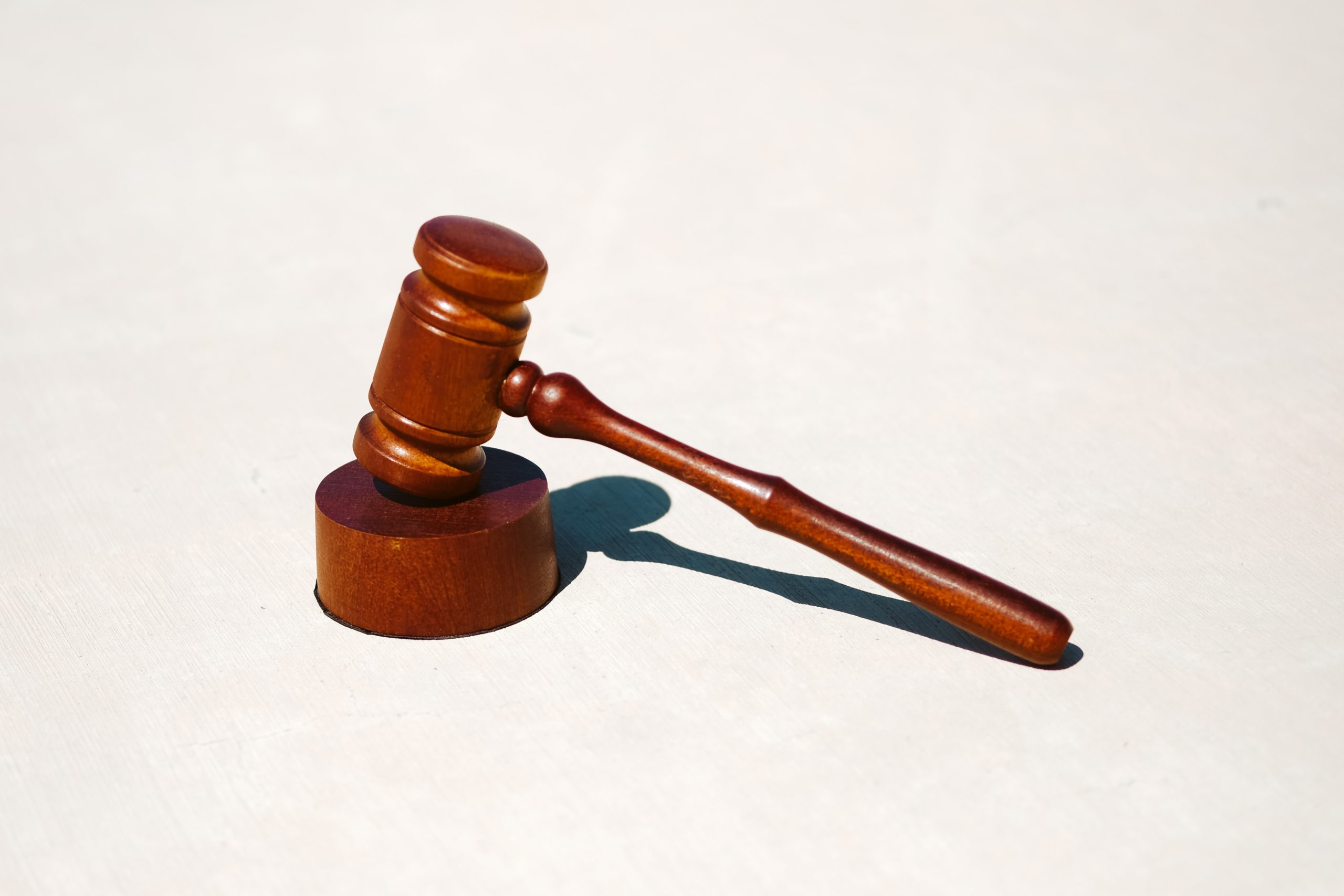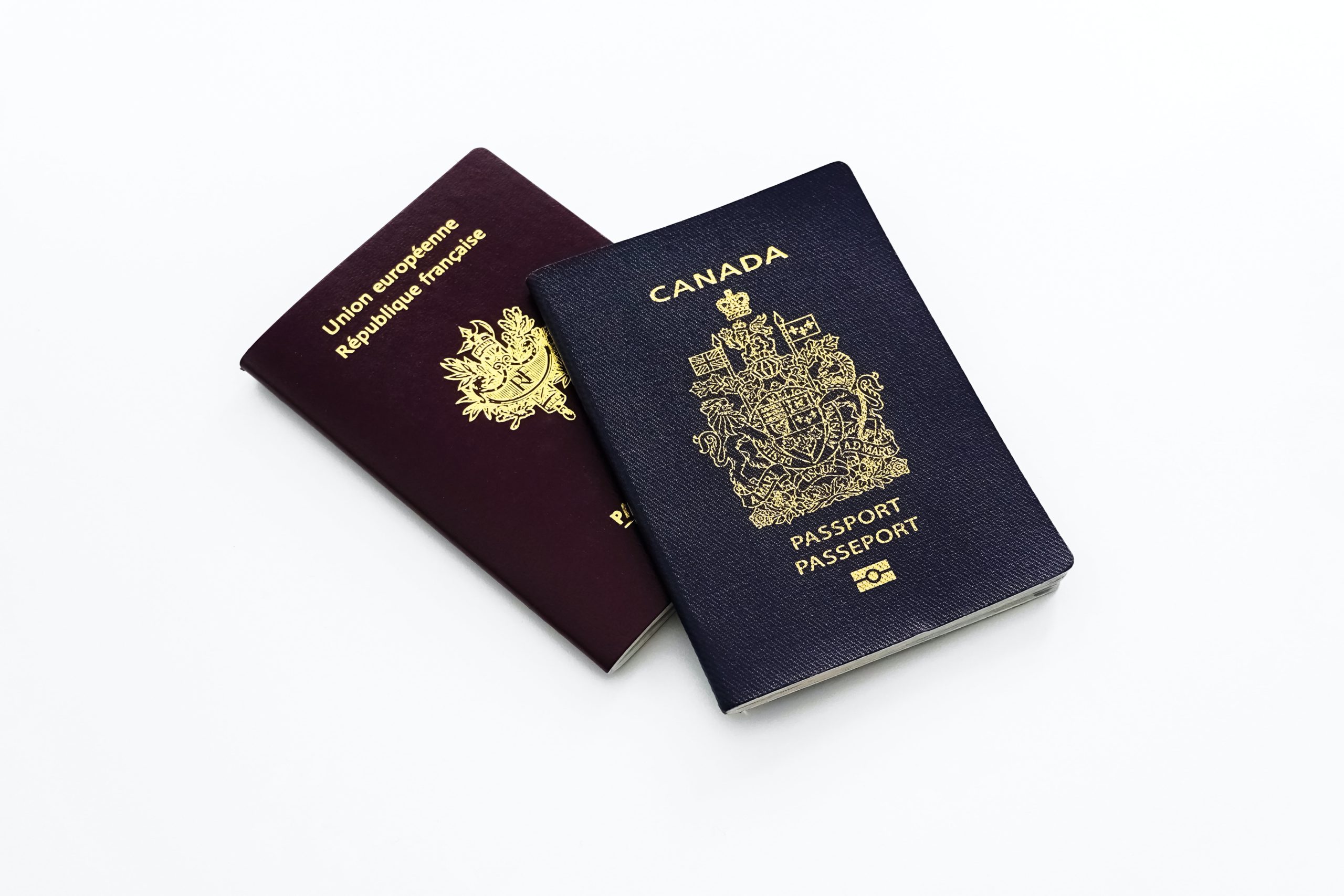Robin Williams’s Story
Actor and comedian Robin Williams was caught up in several lawsuits during his life, so he wanted to make sure his estate plan was secure. This was tricky, because he was married to Susan, his third wife, and also had adult children from his first and second marriages. He tried to come up with a plan that would be fair to both his current spouse and his children. For the most part, he was successful, but only months after he died in 2014 at the age of 63, his family members ended up in litigation over his personal belongings.
In a trust document, Williams had specified that his children were to get his “clothing, jewelry and personal photos taken prior to his marriage to Susan” as well as his “memorabilia and awards from the entertainment industry.” The trust also provided that the children were to get his “collectibles,” and “knick-knacks” from the house where he and Susan were residing.
While this wording would have sufficed for many estates, it turned out that Robin Williams had extensive and very valuable collections, including bicycles, watches, toy soldiers, scientific oddities and comic books. His wife and his children disagreed over what was included in “memorabilia” and “collectibles.” They even got down to arguing over his slippers and old T-shirts. It took five years of court and eventually mediation to sort out their differences.
Lawyer’s comment: Lots of families get along perfectly…until it is time to divide up a loved one’s personal belongings and emotions take over. Where there is a current spouse and children from a previous marriage, it can be especially difficult. Robin Williams’s case illustrates the difficulty of using general terms like “memorabilia” or “collectibles” when trying to divide up personal belongings.
A possible solution is to refer in your will to a Precatory Memorandum, which is a list of specific items and who is to get each. “Precatory” means that the list is an expression of your wishes, rather than a legally binding document. You can provide in your will that your Executor has legal authority to make the final decisions.
You can have your lawyer store a copy of the Precatory Memorandum with your original will. Such a memorandum serves two important purposes: it can make things much easier for your executor and it can prevent family conflicts over valuable or sentimental items. Because it is not an official part of the will, it can be updated informally from time to time without going through the formalities of executing a new will or codicil.








